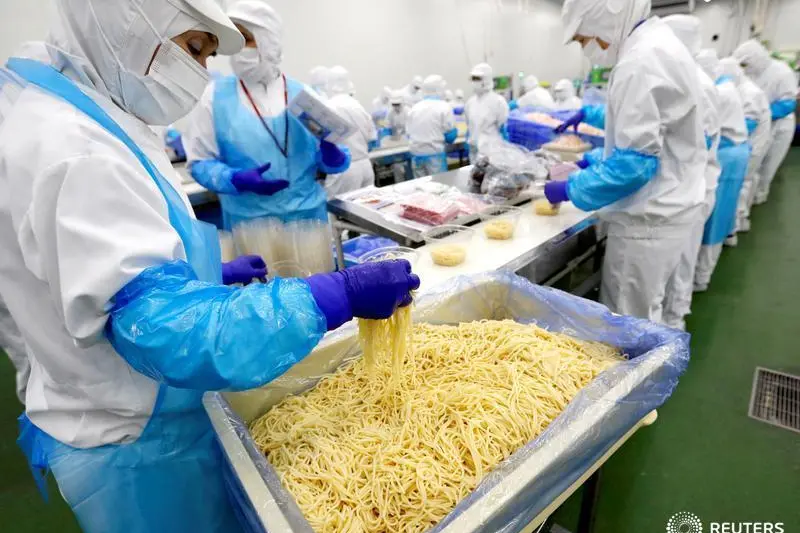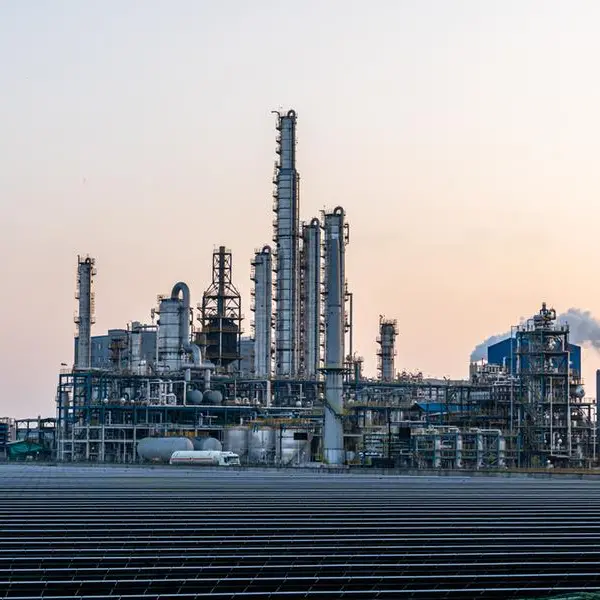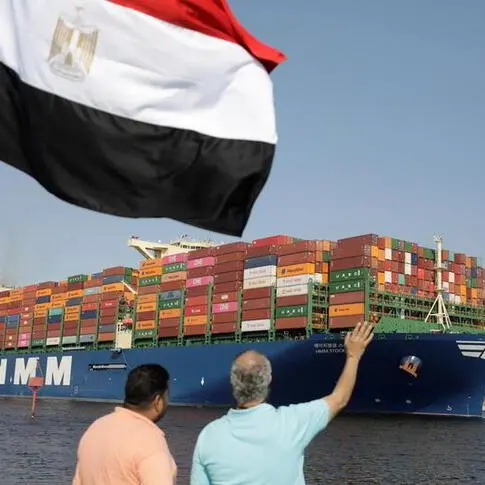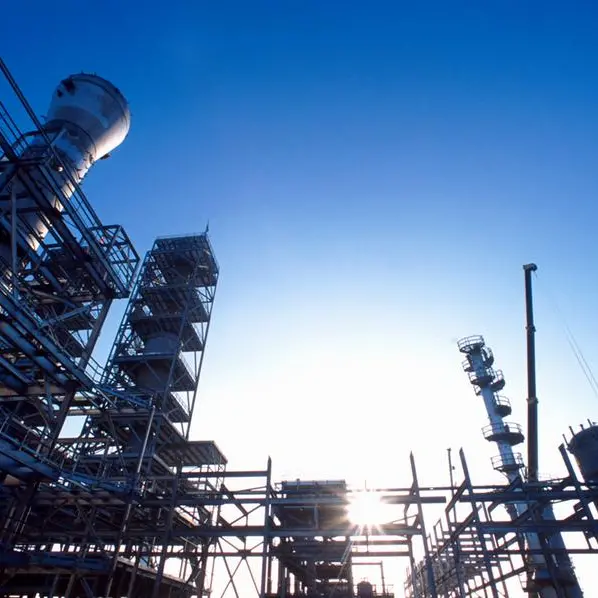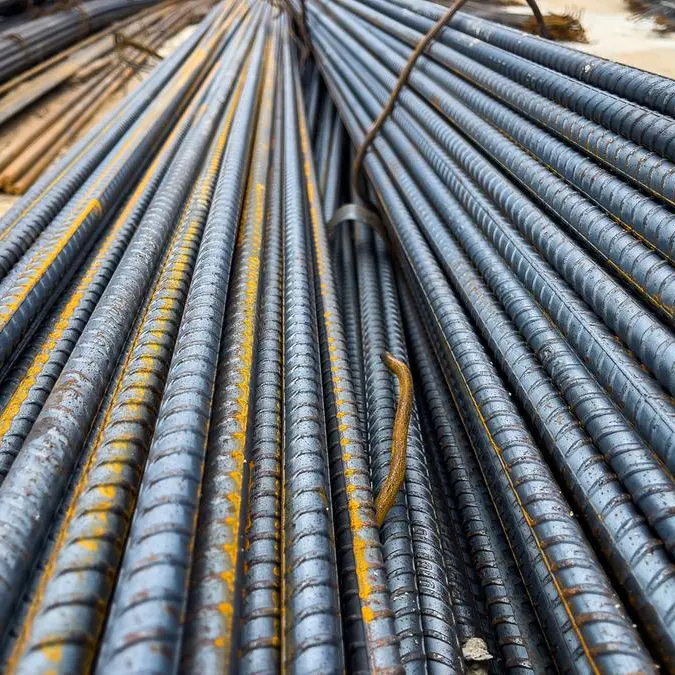PHOTO
Plant-based food producer Bonduelle has been forced to stop commercial activity in Ukraine and is studying the impact of Western sanctions on its sizeable business in Russia, the French company said on Friday.
Bonduelle has been operating in the top growing regions of Ukraine and Russia since the 1990s and revenue in Russia and in peripheral countries accounts for around 150 million euros ($165 million) or 5% of Bonduelle's total revenue, with less than 10 million euros from Ukraine, the group said.
"At the moment, we are doing everything in our power to ensure the continuity of our business by providing essential food requirements and pursuing our sowing operations with our farming partners to secure tomorrow harvests and avoid adding a food crisis to the already critical situation," Chief Executive Officer Guillaume Debrosse said in a half year earnings statement.
Bonduelle's shares were down 6.4% at 0953 GMT to 16.56 euros, their lowest price in almost ten years.
"Russia is the group's most profitable region according to our estimates," Midcap Partners' analyst Florent Thy-Tine wrote in a note to clients.
Bonduelle said it was studying the impact of the sanctions taken by the international community in response to Russia's invasion of Ukraine on the supply of raw materials and finished products, financial transfers and currency management.
Although it expects revenue growth and core profit margin to be stable this year, the group warned it could not at this stage estimate the impact of the conflict, which Russia calls a "special operation" not designed to occupy territory.
Bonduelle said its three Russian vegetable processing plants were still operating as normal, including one in Belgorod, near the Ukrainian border, and two in the Krasnodar region, near the Black Sea, supplying 65% of products marketed in the energy-rich nation.
Its half-year core profit fell by 17.4% on reported figures to 46.5 million euros ($51.20 million), dragged down by lower volumes in the U.S. fresh processed business as prices are raised and contracts chosen more selectively.
($1 = 0.9083 euros)
(Reporting by Juliette Portala, editing by Christian Schmollinger and Elaine Hardcastle)
